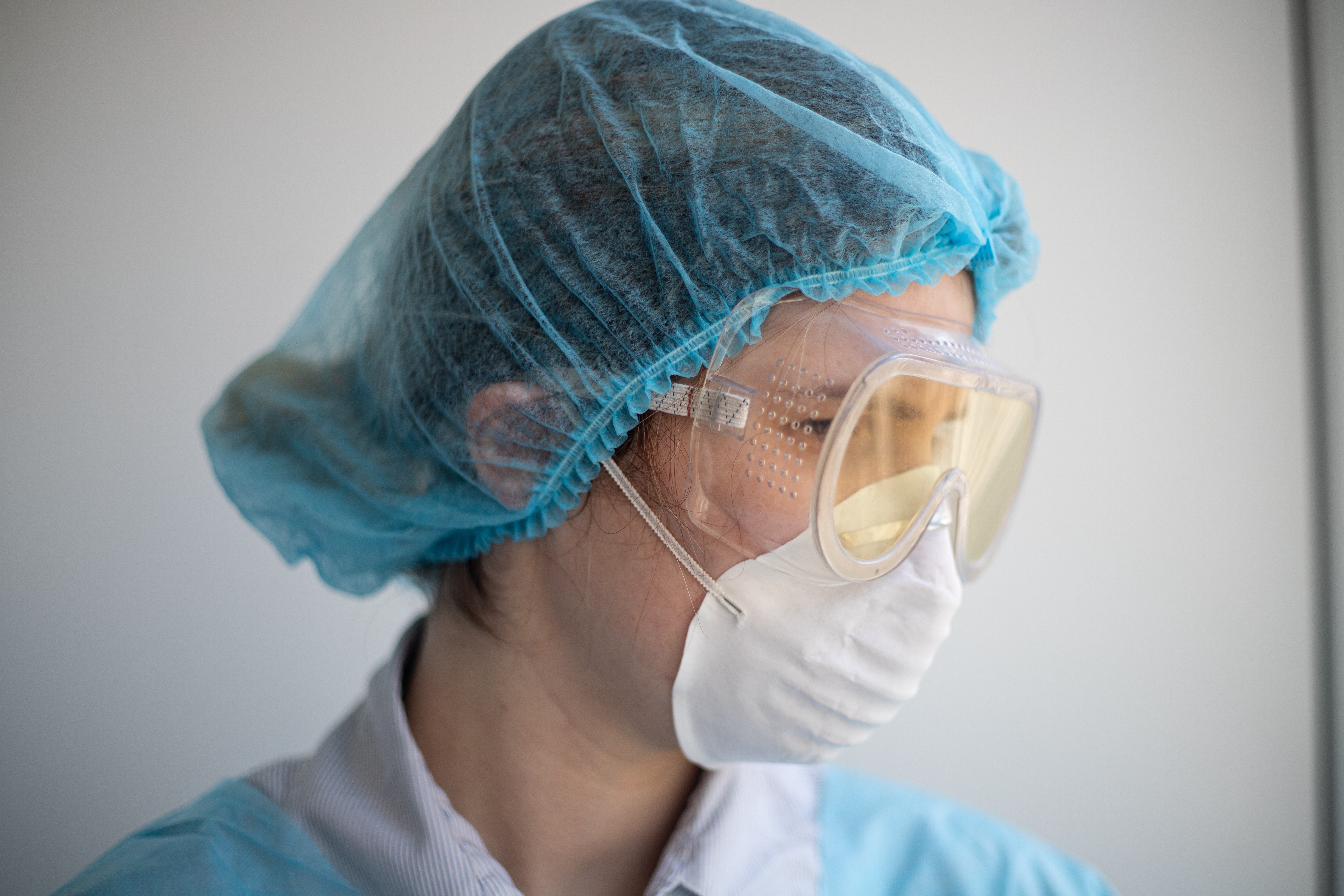Mandatory masks becoming the rule amid Europe's virus uptick
In Belgium, health authorities said a three-year old girl has died after testing positive for COVID-19 as new infections surged 89% from the previous week. Belgian authorities have bolstered up restrictions to slow the spread of coronavirus, including making masks mandatory in crowded outdoor public spaces.

- Country:
- Italy
New rules on wearing masks in England came into effect Friday, with people entering shops, banks and supermarkets now required to wear face coverings, while Romania reported a record for daily infections and new cases nearly doubled in France. People in England can be fined as much as 100 pounds ($127) by police if they refuse. The British government had given mixed signals for weeks before deciding on the policy. Places like restaurants, pubs, gyms and hairdressers are exempt.
John Apter, the national chairman of the Police Federation of England and Wales, said officers would be available as a last resort but added that he hopes the public “will continue to do the right thing" to protect other citizens. In Belgium, health authorities said a three-year old girl has died after testing positive for COVID-19 as new infections surged 89% from the previous week.
Belgian authorities have bolstered up restrictions to slow the spread of coronavirus, including making masks mandatory in crowded outdoor public spaces. Belgium has been hard hit by the pandemic, with 64,847 cases and 9,812 deaths registered so far. Overall, Europe has seen over 201,000 deaths in the pandemic, according to a tally by Johns Hopkins University. Experts say the true toll from the coronavirus worldwide is much higher, due to limited testing and other issues.
Romania set an all-time high for daily new infections Friday and authorities blamed the surge on a failure to wear masks properly. Many in Romania haven't been wearing masks indoors or on public transport. A relaxing of measures also stripped authorities of the ability to quarantine or isolate the new cases or keep COVID-19 patients in hospitals.
France, too, is seeing case numbers rising, with more than 1,000 new infections reported Thursday as people let their guard down heading into the country's summer break. Health authorities say cases on the French mainland have surged 66% in the past three weeks and 26% in the last week alone. Concerns about rising cases had already prompted the government to make mask-wearing mandatory in all indoor public spaces this week.
In Italy, new infections reported Thursday jumped to over 300, the first time they surpassed that number since mid-June. Most new cases came from northern Italy, where the outbreak in Europe began, but southern regions have lately been seeing clusters of infections. Many recent cases have been traced to people returning from abroad, most of them foreign workers. Other clusters were among migrants rescued at sea and vacationers.
Last week, the mayor of the tourist-mecca island of Capri ordered people to wear masks in the streets. Capri's main square, with its trendy cafes and narrow streets, had been jammed with holiday-goers, many not wearing masks. Three young Romans who returned home after a holiday tested positive, Italian media said Friday.
In Italy, masks must be worn in shops, banks, on public transport and outdoors where it's impossible to keep a safe distance apart. Amid fears in Spain that poor living conditions for seasonal agricultural workers are creating coronavirus hotspots, Spain's farm minister said Friday said authorities are pressing employers to provide decent accommodations and transport for the workers. The Health Ministry reported 971 new daily infections, the biggest daily increase since Spain's lockdown ended.
Some clusters in Europe have been linked to workplaces, including at slaughterhouses in Germany. German authorities plan to set up testing stations at airports to encourage people arriving from high-risk countries to get tested for the coronavirus. They also will allow people arriving from other places to get tested for free within three days -- though not at airports.
(This story has not been edited by Devdiscourse staff and is auto-generated from a syndicated feed.)










